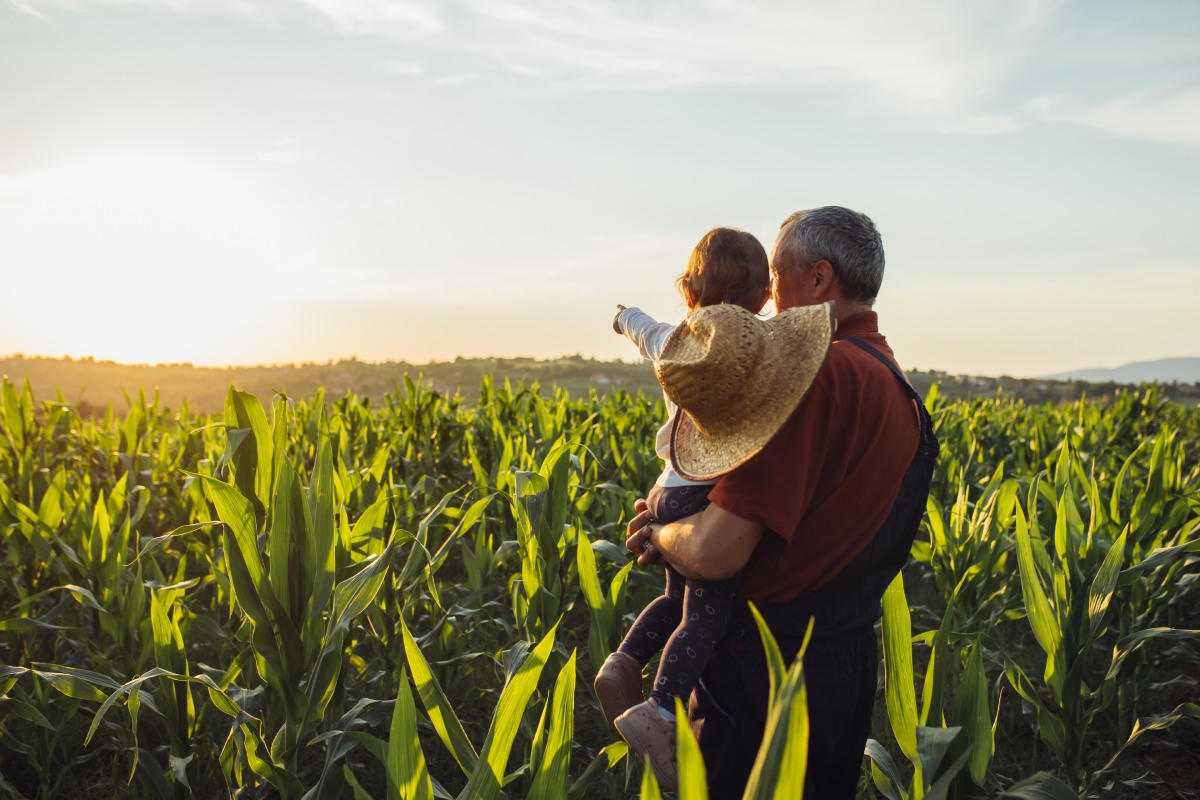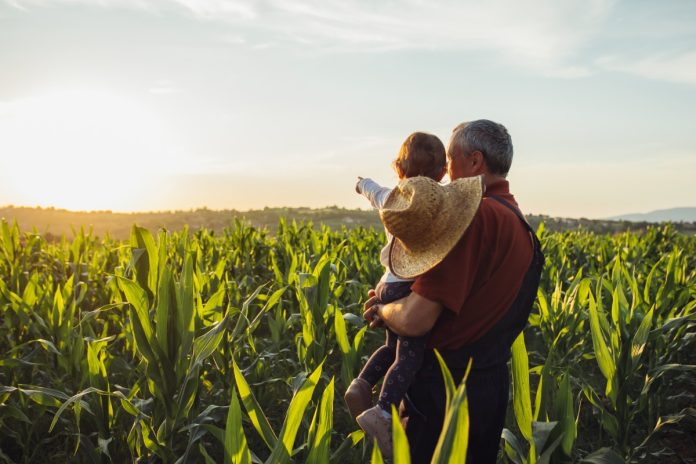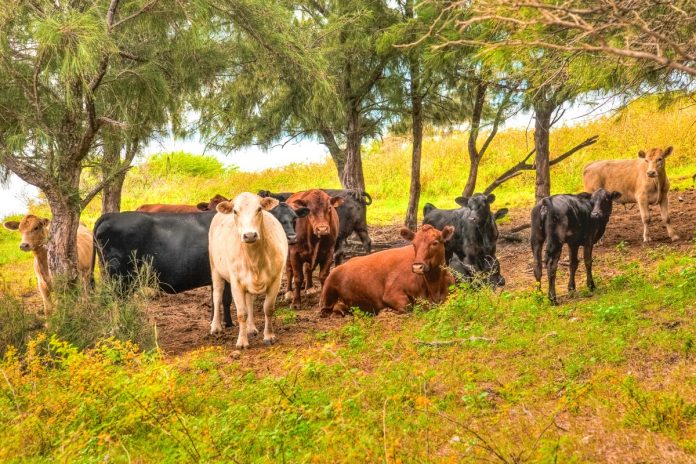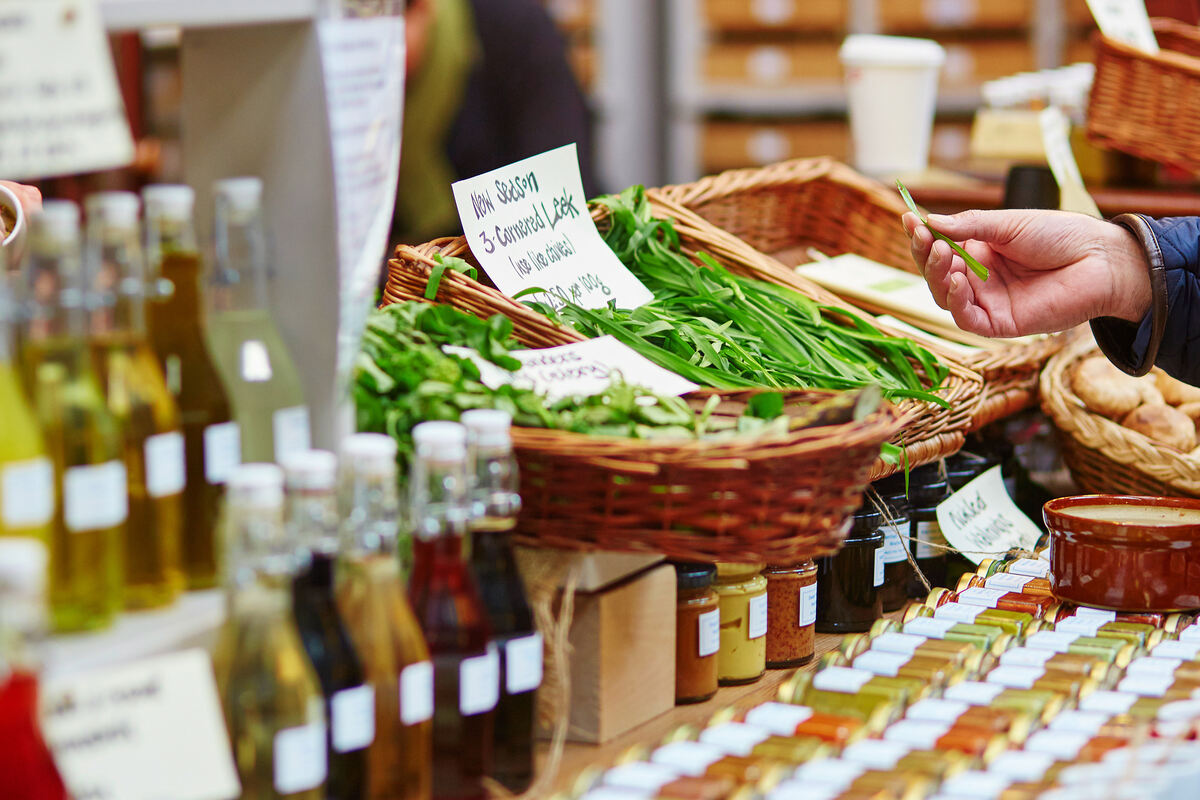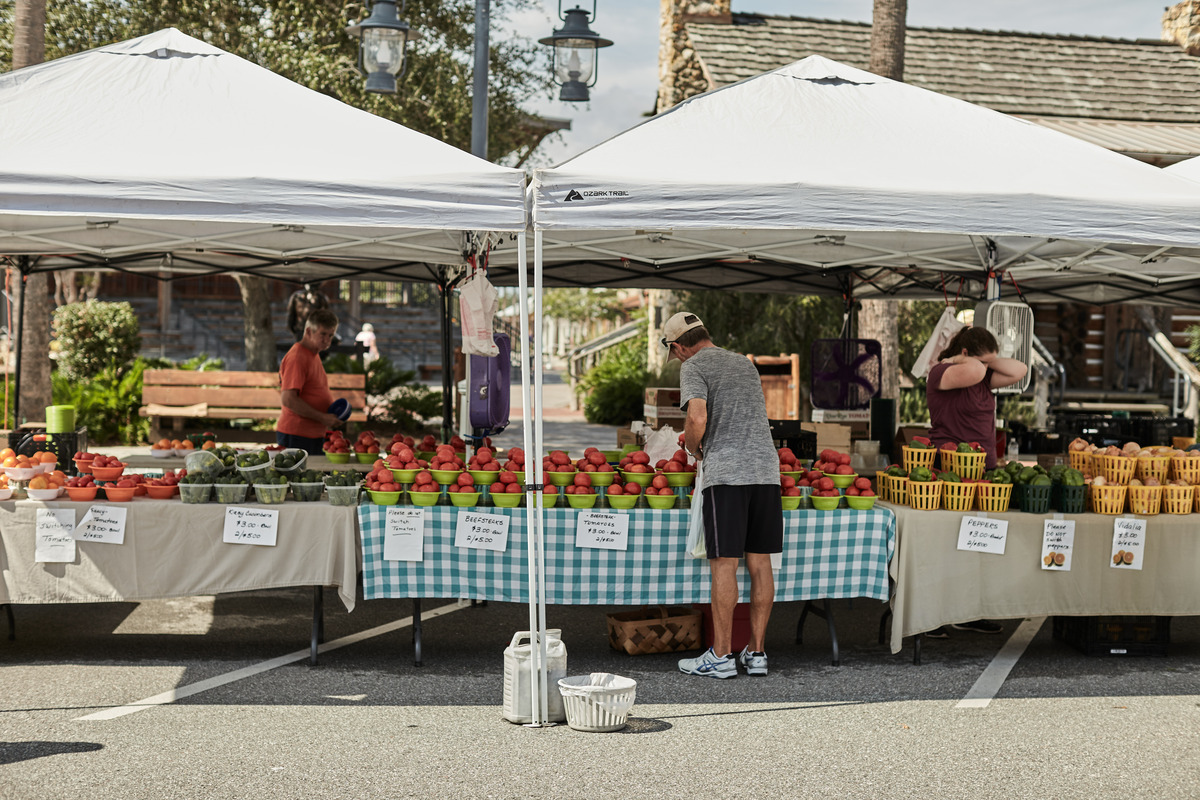Whether you’re a farmer or just someone who eats, you have a vested interest in how farmland impacts the environment. Agricultural land is essential for feeding the billions of people on Earth, and though sustainable practices have improved, Western farming hasn’t always been kind to the earth. Here’s a deeper look at the relationship between farmland and the environment. We’ll cover its potential harm and benefits, along with how farmers can ensure sustainability going forward.
How Farmland Potentially Harms the Environment
Farmland can adversely impact the environment in several ways.
The Potential for Soil Degradation
Intensive farming practices often strip the land of essential nutrients, leading to diminished soil quality and more erosion. Additionally, conventional Western farming relies heavily on chemical fertilizers and pesticides, which can leach into nearby water sources, causing pollution and harming aquatic ecosystems.
Biodiversity Loss and Endangerment
When farmland expands uncontrollably and irresponsibly, it can contribute to habitat fragmentation, endangering many wildlife species. Furthermore, the monoculture systems prevalent in modern agriculture reduce diversity, making ecosystems less resilient to pests and diseases.
Excessive Water Usage
Agriculture accounts for roughly 70 percent of global freshwater consumption. Though crops and animals need water to survive, its use strains the growing need to conserve water resources.
How Farmland Can Help the Environment
The harmful side effects of farming we mention above are largely the fault of uncontrolled, unimproved Western farming practices. When done in a sustainable way that protects and supports local ecosystems, farming can actually benefit the environment.
Working With, Not Against, the Land
From small-scale, off-grid permaculture gardens to large-scale operations that practice agroforestry, there are ways to grow food that don’t trample the land.
Biodiversity-Promoting Practices
Farmland can either harm or help biodiversity. For instance, planting cover crops and maintaining hedgerows can provide habitats for bees, birds, and other beneficial species. These practices support biodiversity and enhance crop pollination and pest control.
Regenerative Agriculture
Farmland can even improve soil health through regenerative agricultural techniques. By rotating crops, enhancing organic matter, and employing natural pest management systems, farmers can enrich soil fertility while minimizing external inputs. These methods lead to more sustainable production systems that work in harmony with natural processes.
How To Mitigate Farmland’s More Negative Consequences
Large-scale farming operations have to exist to feed the billions of people on Earth. However, though these farms might not be the best for the environment, there are simple ways to reduce their impact. Here are a few.
Soil Conservation Techniques
We already mentioned regenerative agriculture, but farms can also employ other soil conservation techniques, such as terracing and contour plowing. These combat erosion and preserve soil quality.
Integrated Pest Management
Integrated pest management (IPM) reduces reliance on chemical pesticides by encouraging natural pest predators and using targeted pest control methods.
Water Conservation Methods
Drip irrigation and rainwater harvesting are two methods that enable farmers to limit water usage and conserve this vital resource. Even drones can reduce water usage on farms by optimizing irrigation systems.
Adding Buffer Zones
To address biodiversity loss, farmers can implement buffer zones and establish conservation areas within or around their fields. These designated spaces provide refuge for wildlife.
Farmland impacts the environment in good and bad ways, depending on how it’s managed and its scale. As the population continues to grow and the climate crisis becomes more pressing, it’s more important than ever to lean into eco-friendly farming practices and the ways farmland can benefit the environment.

